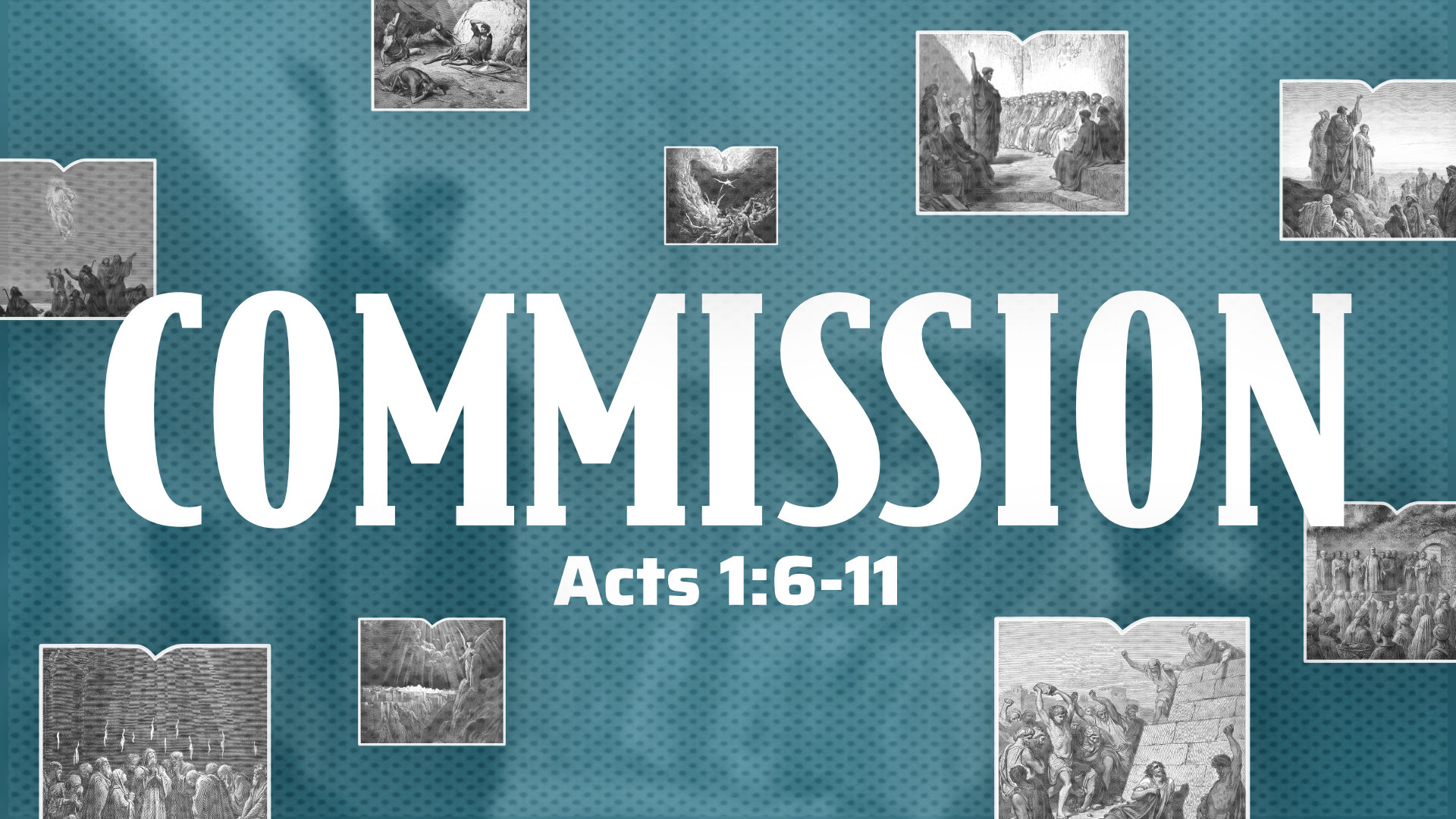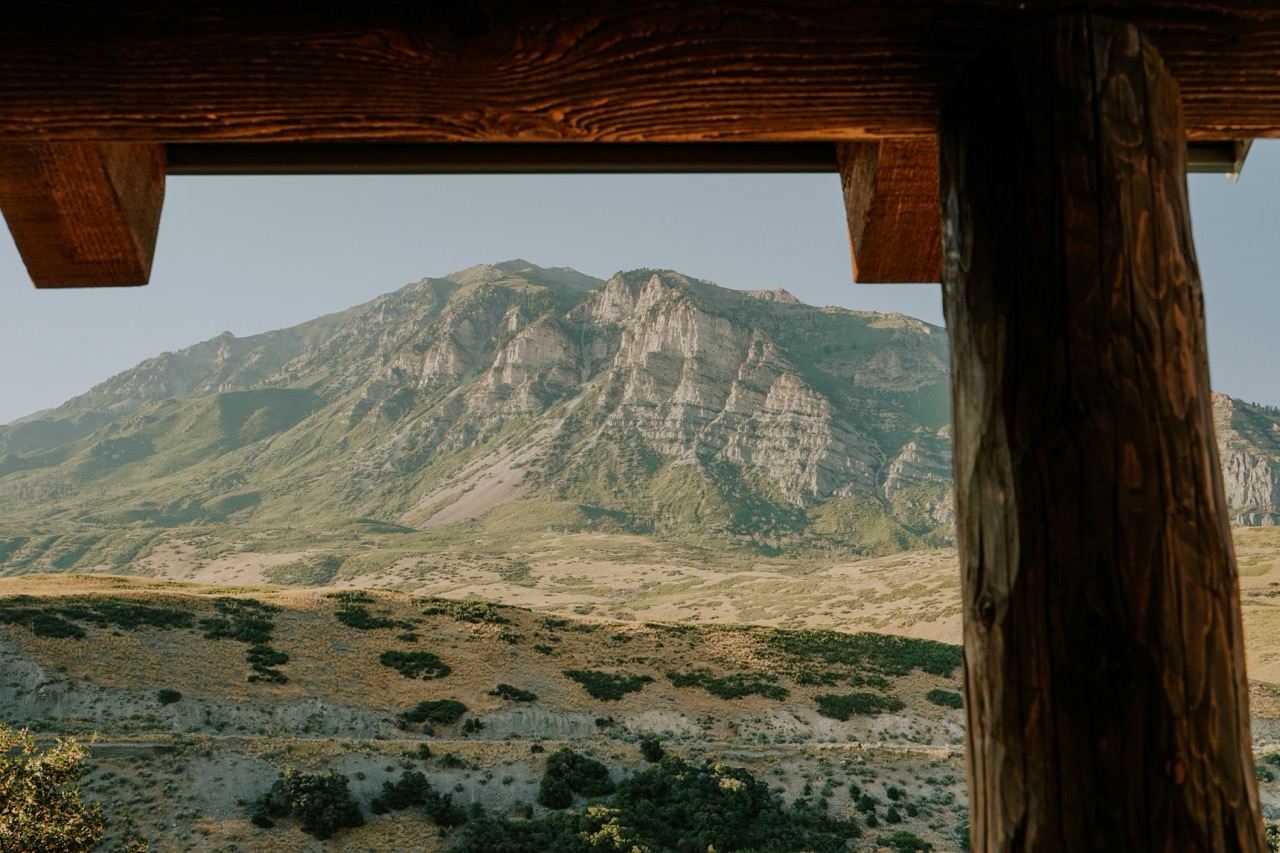From Mountaintops to the Nations: A Renewed Vision of the Great Commission
From Mountaintops to the Nations: A Renewed Vision of the Great Commission
Many of us are probably familiar with the phrase “Great Commission.” Maybe you’re able to give it a reference from Matthew 28:18-20. You may even be able to quote it with the phrase, “Go and make disciples.” Nevertheless, I believe we could all use a renewed vision of the Great Commission, and to do this, we must look at the previous two verses.
“The Mountain” (v. 16)
Matthew 28:16-17 states, “Now the eleven disciples went to Galilee, to the mountain to which Jesus had directed them. And when they saw him they worshiped him, but some doubted” (ESV). It is easy to look past these verses. However, if we look throughout the gospel of Matthew, we see multiple, quite literal, mountaintop experiences throughout the life of Jesus. From the temptation of Jesus where Satan took him up to a high mountain (Matt. 4), the Sermon on the Mount where Jesus preached the best sermon of all time (Matt. 5-7), to the transfiguration where a few of the disciples saw the radiance of Jesus’ glory (Matt. 17). From there, we go to the mountain where he prayed for God’s will to be done as His painful death soon awaited Him (Matt. 26), to the mountain of crucifixion on Golgotha (Matt. 27), and then to the mountain where He gave the Great Commission (Matt. 28). Throughout the Bible, mountaintop experiences demonstrated a revelation of God. To see this, we look back to the Old Testament. In Genesis, God revealed himself to Abraham on Mount Moriah and provided a sacrifice in place of Isaac (Gen. 22). In Exodus, God revealed himself to Moses on Mount Horeb as the “Great I Am” (Ex. 3). Later in Exodus, God gave the Israelites the Ten Commandments on Mount Sinai, and there He also passed by Moses in His glory revealing that He is a merciful and gracious God who is slow to anger and steadfast in love and faithfulness (Ex. 20 & 34). In 1 Kings, Elijah challenged the prophets of Baal on Mount Carmel in which God brought down fire from heaven (1 Kgs 18).
Here’s the beauty, it doesn’t end there. If we continue in our examination of the Old Testament we come across Psalm 2:6-8, which reads, “As for me, I have set my King on Zion, my holy hill.” I will tell of the decree: The Lord said to me, “You are my Son; today I have begotten you. Ask of me, and I will make the nations your heritage, and the ends of the earth your possession” (ESV). First, there is another mountaintop experience here. However, this one is different. Here, we see the holy hill or mountain, also known as Mount Zion. Mount Zion is the core, foreshadowing, and symbolism of the Kingdom of Heaven. In Revelation, John saw the Lamb standing on Mount Zion (Rev 14). Second, we must recognize that this is a Messianic Psalm that demonstrates the Kingship of our Lord Jesus. Thus, in the Great Commission, He is able to say, “All authority in heaven and on earth has been given to me” (Matt 28:18). What does he then say? “Go therefore and make disciples of all nations” (Matt 28:19). That leads to this: third, God has given His Son, Jesus, the inheritance of the nations. Jesus is enthroned as He inherits all nations but commissions His disciples to claim the nations for Him. What a beautiful honor it is that our King, who has been given the inheritance of the nations, wants us to play a part in bringing the nations to Him.
“When They Saw Him They Worshiped Him” (v. 17)
It should not feel like a burden to tell others about Jesus. The Great Commission often becomes the Great Omission because of our negligence in sharing the gospel and making disciples. We may think that we do not know enough, that others can make up for our lack of effort, or that this is the role of specific people like pastors, missionaries, and evangelists. The Great Commission may even feel like a chore that we have to do to make God happy. We try to please God by doing what He says, thinking it will earn us favor in His eyes. We know we’re commanded to make disciples, so we do it half-heartedly.
Nevertheless, I believe we need a renewal of seeing Jesus as the disciples were able to. Our response should be like theirs, to fall down and worship Him. Yes, some doubted. A Greek translation for the word “doubt” in this context would demonstrate that there was hesitation rather than unbelief. For us, seeing Jesus, seeing this revelation of God, seeing how He is the enthroned Messiah who inherits the nations should change our hearts from a posture of obligation to privilege when it comes to making disciples of all nations. Jesus, in all His glory, on top of a mountain, commanded His disciples to go to all the nations to make His name known. They were obedient not because of pity but because they understood the glorious mountaintop experience they were able to have. But what did they do before obeying Him? They worshiped Him. We should do the same. The reality is, what or who we worship will be revealed through us. Our worship of Jesus as we see Him in all of His glory should lead us to obey His glorious command, to make disciples.






































